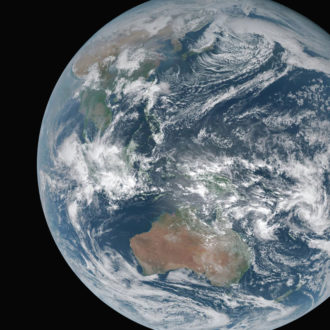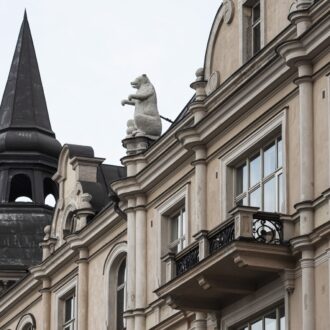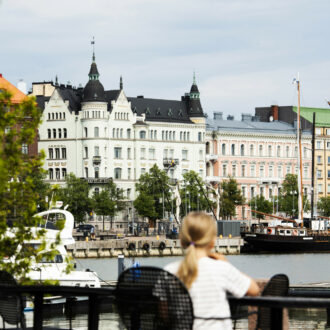The 2020 World Happiness Report is released during a difficult time, with the coronavirus causing great uncertainty all over the world. Nevertheless, it contains information and implications that can be useful now and in the future, about how people can look out for each other and promote wellbeing.
Published on the International Day of Happiness, March 20, by the UN Sustainable Development Solutions Network, the report uses data from one question in the Gallup World Poll: On a scale of zero to ten, where do you place your own life (with zero being the worst possible life and ten being the best possible life)?
That doesn’t measure general joviality or smile frequency, but rather people’s satisfaction with their lives – how content they are.
The other Nordic nations are all together in the top seven: Denmark (2), Iceland (4), Norway (5) and Sweden (7). The top ten also include Switzerland, the Netherlands, New Zealand, Austria and Luxembourg. However, the list of countries in order of happiness only occupies three pages of the 202-page report, so what else is in there?
It is full of data, charts and attempts to explain what makes happiness tick. The main purpose is, as the introduction states, “to review the science of measuring and understanding subjective wellbeing.” In 2020, the World Happiness Report focuses especially on the environment, in three senses: social environment, urban environment and natural environment.
One chapter of the report, entitled “The Nordic exceptionalism: What Explains why the Nordic countries are constantly among the happiest in the world,” is coauthored by Frank Martela of Aalto University in Finland, Bent Greve of Roskilde University in Denmark, Bo Rothstein of the University of Gothenburg in Sweden and Juho Saari of the University of Tampere in Finland. Their piece finds that higher personal and institutional trust are key factors in explaining why life evaluations are so high in the Nordic countries.
“There are, of course, many ways to measure happiness, but in this study, happiness means people’s satisfaction with their lives,” says Martela in the video below. “If we measure satisfaction, research shows that it correlates with well-functioning democracy, free elections, free press, a low corruption index, and inclusive social security services, helping those who need assistance.”
Frank Martela, researcher and philosopher at Aalto University, discusses why Finland and the other Nordic countries have repeatedly done well in the annual World Happiness Report.
Video: ThisisFINLAND.fi
By ThisisFINLAND staff, March 2020








